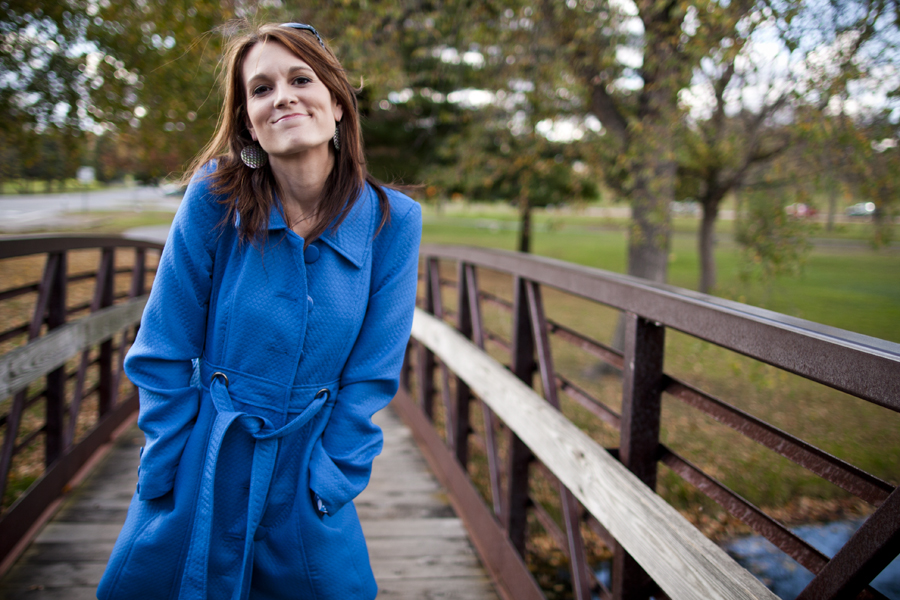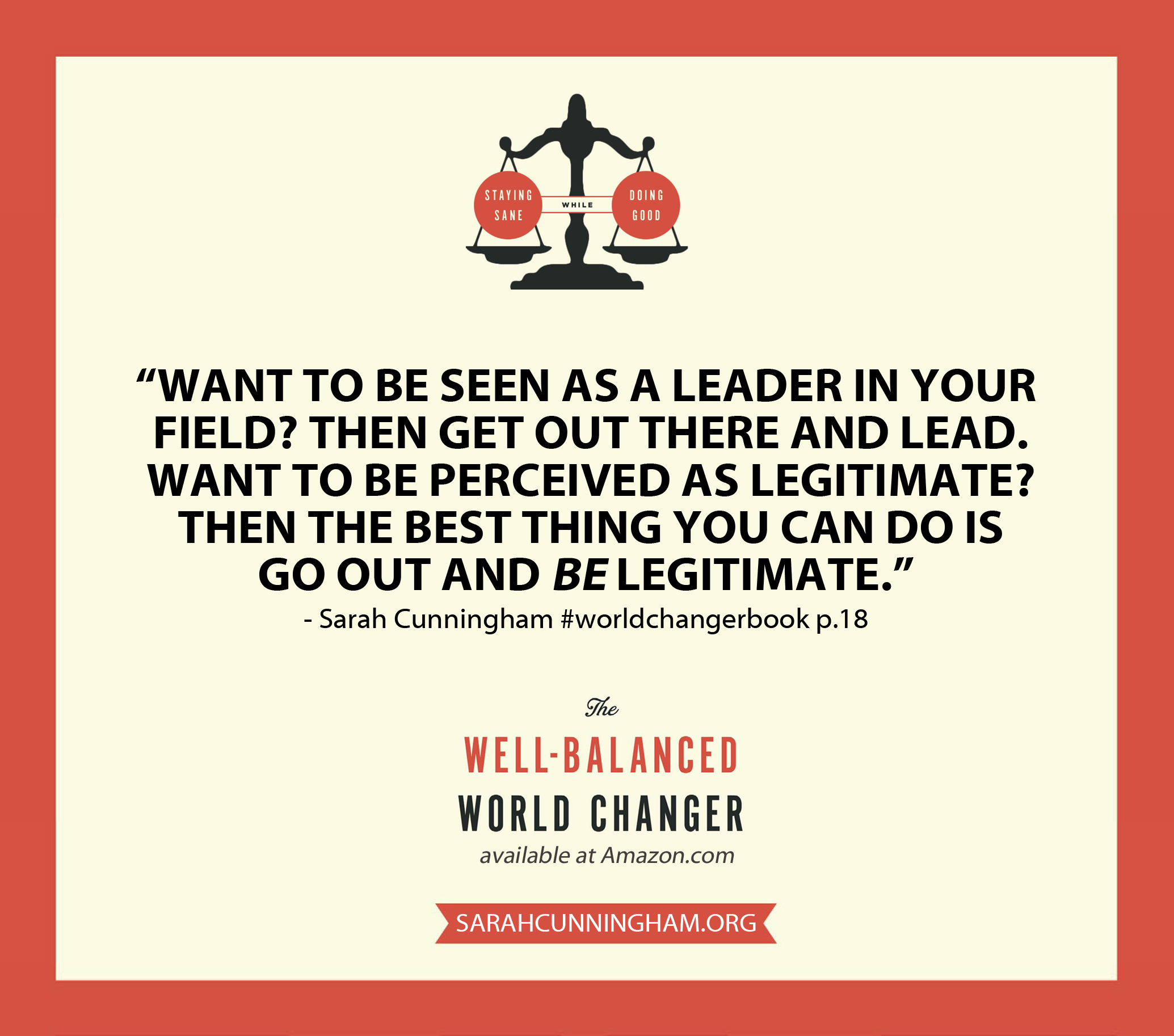
Sarah Cunningham, like a lot of us, wears multiple hats and has her hands in multiple projects at any given time. She’s speaking at Christian events, emceeing at STORY, writing and developing resources for publishers…and then there’s those two toddlers who live with she and her husband.
And also, like a lot of us, she’s experienced some great wins at times, while finding herself totally sidelined by disappointment and exhaustion at others.
“At twenty-three, I was the queen of crashing.” Sarah admits. “I had some strong skill sets and a lot of boldness and ambition, but a lot of times my capacity for emotionally managing my life was severely lacking.” She often felt exhausted, under-appreciated, and jaded by lack of support.
But after some hard-earned lessons and some great advice from mentors along the way, Sarah found that a lot of her challenges–even if they weren’t solvable, were at least manageable.
There are certain ideas or insights that help you, say, set realistic expectations, operate with healthy boundaries, keep a sane pace, or recover from disappointments faster. All of these principles–often captured in stories told to her by others–were life rafts to Sarah as her ideals collided with reality and they inspired her to collect this sort of counsel for other world changers.
The Well Balanced World Changer: A Field Guide for Staying Sane While Doing Good is a collection of dozens of 2-5 page essays that are brimming with wisdom, illustrations and what she calls “sticky stories” that provided a breath of fresh air along the way as she pursued her life and ministry ambitions.
Below is an interview with Sarah about the book.
Q: Is it even possible to be a well-balanced world changer?
A: Ha. Well not for me…not totally. I think growing up and growing wise is an ongoing, lifelong process. But I do think we can always be moving toward more balance and more health. To be a more functional and whole world-changer tomorrow and five years from now than we are today.
Q: There are a lot of leadership books out there that prep people to pursue their visions and dreams. How is this one different?
A: I’m not totally sure, but I know this one is personal. It’s not the Ted-talk of beautiful images and polished points all strung together. It’s like a really direct conversation with someone who wants you to have an easier road.
We all know someone in life who manages things–maybe the way they set expectations, for example–better than we do. But we don’t necessarily know why. Sometimes we tell ourselves it is arbitrary. Like they got that skill and we didn’t and that’s that. But I don’t buy that. I think they probably had some influences or experiences in their lives that taught them to set more realistic expectations. So this book sought to find smart, seasoned people and dig into how they got strong, believing that each of us could improve our leadership rhythms if we applied similar sorts of wisdom.
Q: Give me one example of how that might play out in the book so readers can really see the value of this resource.
A: Sure. So here’s an idea: Happiness is not synonymous with your goal. It’s a simple hypothesis, but a really important one because a lot of times, driven visionaries start to think “I can only be happy if I meet my goal. If I recruit X number of volunteers or raise X number of dollars or my book sells X number of copies” and so on. Almost sub-conciously, then, we can start to re-frame our lives around this idea that “achieving my goal is happiness.” But that is slowly chipping away at what God wants us to experience in my opinion.
For one, it is a lie. Someone else has probably achieved your goal, like built a multi-million dollar charity or a mega-church or a New York Times best-seller, and they still aren’t happy. And someone else who lives just like you do, who struggles against the exact same problems and even fights for the same cause with the same amount of resources, has figured out how to be happy in their circumstances. So we can see that happiness isn’t really attached to our goal.
But more importantly, it undermines the idea that God wants you to experience fullness in every day of your life. He’s not holding back some sort of special “happiness reservoir” for when you finally check enough achievements off your life list. That would be a sick, manipulative kind of God, don’t you think? He wants you to be just as content and satisfied today as any day you will ever live. Sometimes it is important to remind ourselves that in addition to God wanting us to be devoted and steadfast and hard-working, that God also wants us to give ourselves permission to be happy in the middle of our goals and apart from it.
He, not achievement, is the source of our contentment.
Sarah’s book is available on Amazon (http://amzn.com/B00C2ZT8M2 ), Barnes and Noble (http://bit.ly/1dzPuoZ ), and wherever books are sold. You can also find great shareable content like the graphic below at her book’s Pinterest page: http://www.pinterest.com/sarahcunning/the-well-balanced-world-changer/.









Please note: I reserve the right to delete comments that are offensive or off-topic.